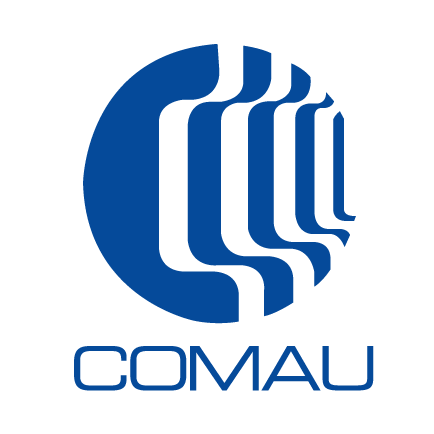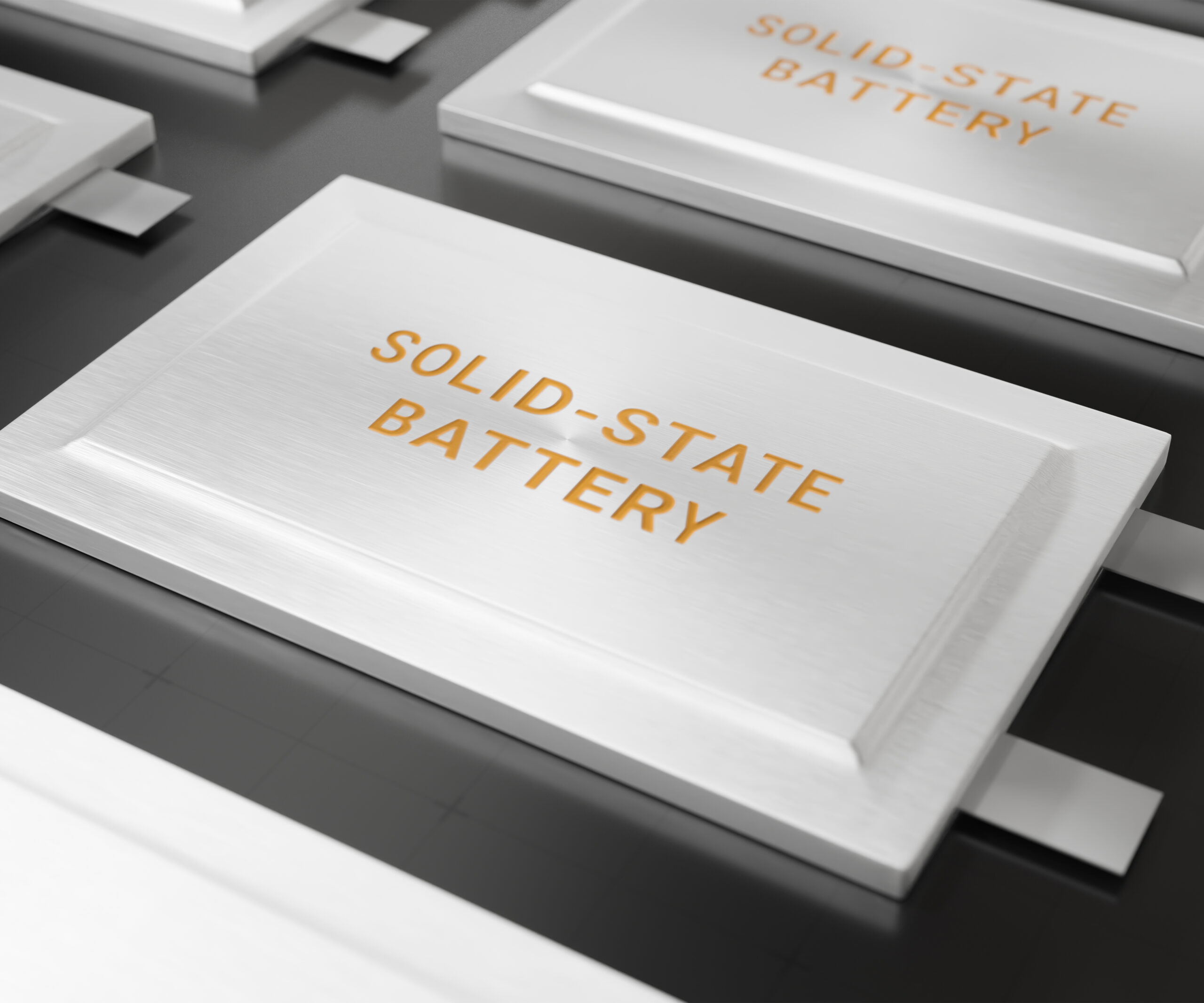Grugliasco (Turin), July 27 2022 – Comau, together with LMS – Laboratory for Manufacturing Systems and Automation, University of Patras, Irida Labs, I-FEVS and CASP, is spearheading ZELD-e, an initiative aimed at developing an enhanced quality control system for the soldered joints in electric vehicle battery packs. Supported by EIT Manufacturing, an innovation community financed by the European Union within EIT, the ZELD-e seeks develop a complete solution to monitor and control the laser welding processes for the tab-to-tab (T2T) and tab-to-busbar (T2B) joining of the battery packs. In doing so, it will help guarantee battery integrity and prevent waste, while maximizing the efficiency of the production line without impacting the cycle time or manufacturing layout.
The innovative inline non-invasive testing and quality control system is based on an infrared sensing setup, enabled by artificial intelligence and computer vision algorithms. It is based on a multilevel approach, which includes enhancing sensory configurations, data acquisition and control capabilities that are supported by a centralized web platform with visualization, quality assessment and data processing/analysis capabilities.
Comau’s participation in the consortium is aligned with its ongoing commitment to sustainability, which includes efforts to identify technologically viable solutions for the repurposing of automotive batteries as part of a sustainable and circular value chain. In leveraging its longstanding experience in automation systems and products, Comau is developing innovative processes, as well as flexible and modular engineering solutions in the electrification field. To this end, the company is also involved in another EIT Manufacturing-supported initiative: the Flexible Battery Dismantling (Flex-BD) project. Here, Comau is working with various organizations to automate battery dismantling operations, including the disassembly and recovery of residual energy, and its repurposing, in compliance with the highest safety standards. In addition to the recycling of unusable cells or modules, benefits of the automated dismantling process include repeatability, standardization, the reduction of waste and the optimization of reused raw materials from the end-of-life battery packs.
“Comau’s involvement in collaborative projects such as Zeld-e underscores our steadfast commitment to facilitating sustainable energy transition through cutting-edge electrification technologies and strategies,” said Paolo Tebaldi, E-Mobility Segment Leader. “In helping manage the environmental impact of the batteries during their full life cycle, Comau is making a concrete contribution to achieving the United Nations’ Sustainable Development Goals in the field of electrification.”

